|
Article by Steve Johnson Edited by Maureene Danielle Post design by Christy Zigweid Image by tiyowprasetyo via Pixabay CC made using @WordSwagApp In the U.S., suicide is the 10th leading cause of death, and it claims “more than twice as many lives each year as homicides.” There are certain behaviors and situations that can add to suicidal thoughts. Losing a loved one, losing a job, or breaking up with a loved one are just a few situations a person may find themselves in that add unneeded stress to their life. Drug abuse, addiction, or mental illness may also add to, or be a part of, suicidal thoughts and feelings. There are many things you can do to help a struggling suicidal individual, but if you’re struggling with how to help someone you care about, these five ideas can help you be there for your loved one in a meaningful way. 5 Ideas to Help a Friend or Loved One Considering Suicide
Contacting Professionals Support is available through a variety of organizations, and there may be several local or national services available to meet various aspects of an individual’s complex mental health condition. There are places for addiction, drug abuse, many different types of mental illnesses, and suicidal thoughts, and it’s possible that an individual may require assistance from more than one organization. One way to start seeking help is to call the National Suicide Prevention Line at 1-800-273-TALK (8255). They can point you in the right direction to get the help that your friend or family member needs. Don’t forget that if someone is in imminent danger, call 911 immediately. About the Author Steve Johnson has always been dedicated to promoting health and wellness in all aspects of life. Studying in the medical field has shown him how important it is for reputable health-related facts, figures, tips, and other guidance to be readily available to the public. He created PublicHealthLibrary.org with a fellow student to act as a resource for people’s overall health inquiries and as an accurate and extensive source of health information. When he isn’t hard at work in his studies, Steve enjoys playing tennis and listening to his vintage record collection.
0 Comments
Two of the top advocates in the mental health community come on the podcast to discuss the current state of advocacy, the glamorization of mental illness and gun rights/control for those who struggle. Andy Behrman and Gabe Howard are fully engaged and in their usual high-energy style.
Guest Post by Hillary Doerries Edited by Maureene Danielle Post Design by Christy Zigweid Photo by Skeeze via Pixabay CC made using @WordSwagApp Looking back on my life, I can confidently say that my struggles with depression began when I was in high school. I remember having days when I would cry and cry for no obvious reason. Life was good – loving parents, an attentive boyfriend, and a seemingly bright future. But the sadness would strike out of nowhere, and there was no telling when it would end. My parents – especially my mother – would try to cheer me up by leaving me handwritten, encouraging notes on my pillow; or an uplifting card in my lunchbox. No one, including myself, had any idea what was going on or how to handle it. A handful of years later, I started seeing a therapist when I was in graduate school. After a conversation I had with Mark, the man who would become my husband, where I admitted that things that seem easy for other people just aren’t that easy for me, we decided that seeing a counselor was the next best step. We discussed my symptoms one by one: the days where I couldn’t get out of bed for class. My irrational anger and irritation toward the people in my life. My past relationships that failed because of my unfounded jealousy and unrealistic expectations. My extreme mood swings that I could never predict. My tendency to hole myself up in my basement apartment for days at a time. My general solitary, negative outlook on the world and my place in it. I was a mess. I was never good enough. And I never would be. Cognitive Behavioral Therapy (CBT) helped to rewire my brain and taught me how to look at my world differently. It was tough work. One therapist I saw during my last year of graduate school often gave me homework to take home. Things to ponder, charts to fill out, and lists that tracked my mood at the end of every day. I had to somehow make sense of layers and layers of emotions that were just beginning to surface. I feared those close to me would leave. I learned to look at the hard evidence: what clues or information did I have that confirmed that this would actually happen? Many times, there was no evidence. After a time of practicing this type of mindfulness, my fears lessened, and I realized that I was not so alone after all. It was also by seeing a therapist that I finally had a diagnosis for my struggles: Major Depressive Disorder, or MDD, coupled with General Anxiety Disorder, or GAD. For me, it was important to have a name for what I was going through, if for nothing else, to confirm that what I was feeling wasn’t my fault. Therapy was only a piece of my healing process. There were also drugs. Lots and lots of drugs over the years: Wellbutrin, Lexapro, Zoloft, BuSpar, Cymbalta, Klonopin, Effexor, Deplin, and Abilify, to name a few. Photo by frolicsomepl via Pixabay CC It was a constant battle to find the correct combination of drugs. My medications were always being tweaked and adjusted, and each adjustment was always preceded with a crash in my mood. But I picked myself up and was back in the doctor’s office each time. It was also a battle to find a psychiatrist who would listen to me and not just dope me up with the latest drug. I’ve seen every kind of doctor from a general practitioner to a psychiatrist to a psychiatric nurse. Then, after six years of taking psychotropic medications, I gained over 100 pounds and I began to take medicine to counteract the side effects of the antidepressants: fish oil for high cholesterol, Levothyroxine for thyroid, and Metformin to help regulate my blood sugar. Now I was fat, still depressed, and looking for a way out. In December 2014 I had a plan to end my life. I was overworked, stressed out, mad at the world, and in general, not taking very good care of myself. After an argument with my husband at work, I got in the car, floored it home, and went upstairs to my nightstand. I took a bottle of Klonopin out of the top drawer and through tears and cries of desperation, decided that while a part of me wanted it to just be done and over with, there was a larger part of me that wanted to figure this out. Somehow, I got back in the car, drove myself to my local inpatient mental health facility, and checked myself in. This move shocked some, but for me, it was the safest place to be for a few days. I stayed there for four days and completed all the tasks that were set before me. I met other people who were struggling, saw a new psychiatrist, who adjusted my meds, and cooperated with the nurses. After four days, I was ready to come home. Photo by PublicDomainArchive via Pixabay CC The next couple of years were kind of fuzzy. I was functioning – going to work, completing everyday tasks, and was social enough to see and be seen by others. But things still weren’t quite right. Despite continued therapy and my cocktail of medication, I still felt there were persistent, undulating waves of depression that accompanied my everyday being. Sometimes the waves were small and not very noticeable. Other times they were loud and clear. I slept a lot during the day. Often I could only work for a few hours before feeling like I needed to go home and recharge with a nap. My psychiatrist kept adjusting my meds but I couldn’t shake this unsettling feeling that my life could be better. I just didn’t know how I was going to get there. I remained this way for several months - just kind of existing in a fog. It was like looking at myself in the mirror without my glasses, my face blurry and misshapen. The months rolled by until finally my psychiatrist told me about a relatively new type of treatment for those with persistent depression for whom medication didn’t seem to cut it. It was called Transcranial Magnetic Stimulation (TMS) and my own doctor happened to administer it right in his office. I discovered TMS works very much like an MRI. It’s a large machine that emits magnetic pulses meant to stimulate the brain’s pre-frontal cortex so over time, it can relearn how to make those good brain chemicals on its own, therefore possibly eliminating the need for antidepressants. After going round and round with the insurance company, I was finally approved for the treatment. TMS is a big commitment. I had to be at my doctor’s office every weekday for six weeks in a row for about an hour at a time. For those six weeks, my life and my daily plans revolved around my TMS treatments. I ended my TMS therapy in April 2016 and I can say with confidence that going through TMS was a profound gift of new life for me. First, my mood has stabilized. People that know me often comment that I seem lighter and have more life behind my eyes. Sure, I have ups and downs as anyone does, but I am better equipped to deal with them in a level-headed, rational way. I still take naps, but now I take them because I want to, not because I feel like I have to. The best part is my doctor has started to wean me off of my antidepressants. I’ve been on the drugs for over six years now, so the process is a slow one, but by this fall, I hope to be rid of all of my meds. Photo by geralt via Pixabay CC While we may not know it as we’re plodding through the journey, we are changing every day. Even the small steps we take to help ensure a better quality of life help us in big ways down the road. We have to believe, even when we feel stuck, that things won’t remain difficult and stagnant forever. As someone who has just managed to get my head above water regarding my mental illness, I want to tell others to never give up. Keep fighting for your mind and your health. Try new things and be an advocate for yourself, because at the end of the day, nobody else can but you. And above all, if you are suffering, reach out and share your story. If nothing else, your bravery in doing so will prove to you that you are not alone. To our health, Hillary Doerries About the Author
My diagnosis is ADHD, depression, and anxiety disorder. I have suffered with depression for 5 years and my anxiety for 1-2 years. I have fully recovered from my depression and have slowly, even without realizing it, found ways to cope with anxiety. I’ve come to the realization I have to cope with my ADHD the rest of my life. I suffered with my depression for a year in college, where I studied office administration, and in that year I barely made it through alive. Right now I am taking time to work and do research and figure out what I want to do. I have thought about being a counselor, teacher, or anything that involves helping those with mental health problems, where I can inspire others in tough situations. Some of my passions and coping strategies are: Listening to music. At times when I'm feeling anxious, music helps me ease my thoughts on the situation. When I feel ready to react properly to the situation, I feel more confident and aware of what I should feel and think in the situation. Inspiring others: I'm passionate about inspiring others with the knowledge I've gained through my experiences and recovery. I've inspired, given advice, and helped people (including those who suffer from mental illness) with my first blog. I currently have a new blog on Tumblr where I still inspire others. Being creative: When I set my mind to something, I’m finding new ways of thinking differently & creatively. I make sure my thinking is positive, inspiring, beautiful, encouraging, uplifting, happy, and creative. Being optimistic: The movie Tomorrowland with Britt Robertson and George Clooney, was very inspiring to me. I've come to realize in the things that I do and believe in, that I never give up and always find a way to make it work. Now that I've finished recovering from my depression, I realize I can fully embrace the person that I've been hiding even before the depression. In my recovery, I’ve learned how to be confident, love myself for the first time, and not letting anyone or anything hold me back. I now have so many plans I want to do with my life. I feel more myself than I've ever felt in the 19, almost 20 years of my life. And lastly, I am truly proud for all that I have accomplished with my recovery and all it gave me in return. I may have suffered from life-threatening illnesses, but I am here alive, mentally healthy, and happy, which I will never take for again. Near the end of my recovery, I actually started to really and honestly feel that love within myself. Loving myself for the very first time feels amazing. Versions of this story were also posted on: My story is posted for team not ashamed, May 20, 2016 My full story can be found on Medium. About the Author
Guest Post by Joseph S. Fusaro Edit and Post Design by Christy Zigweid Picture made using @WordSwagApp It was the spring of 2013. It had been 3 years since my last psych inpatient stay for schizoaffective and general anxiety disorder and to this day, I still say my symptoms were from excessive cigarettes, Adderall, benzos, and the 6-10 joints I was smoking a day. I never had a problem with any of these meds before, but after 2 years, they stopped working and I would go from ADHD and general anxiety straight into psychotic and schizophrenic episodes. But, before I get into 2013, I need to explain what happened after my last inpatient stay in 2010. Held against my will for over a month and a half, I learned the hard way that sarcasm mixed with psychosis is really a bad idea in urgent care; a sentence of 45+ days and a monthly shot of Haldol is what one gets for not being compliant. I could not stand the fighting, the older lady defecating on the floor in her room for fun, the nightly argument of what terrible 1980’s movie would be played, the medication line, the bedtime, and the patronizing of patients from the guards and nurses aids. I hated that they gave me a handful of downers and then told me I could not sleep during the day. I would skip out of every group activity and the guard would open my door, knock, and tell me to wake up, then stare at me while he or she feverishly took notes on my current state to give my doctor. I was so exhausted I knew I had to comply because I never wanted to go back there. After this stay, even though I started to make up with friends and family and being a little more social (I was now getting out once a month instead of once a year), I was prescribed a month long injection of Haldol which was literally stealing the life and soul from my body. (I later found out from a drug rep at a NAMI event that Haldol was a drug from the 1950’s and they only give it to people in the public hospitals that have no money. He said it was outdated and dangerous). I could not eat. I could not think. My muscles were spastic and twitchy, and I know that I was at the beginning stages tardive dyskinesia, even though my psychiatrist denied it. He would stare right at his notepad, never my eyes, and say, “You are still shaking, but that is normal.” I would think, “Well doc, I felt a hell of a lot better when I was on anything except this garbage in a vile.” Photo by Ajale via Pixabay CC Every time I went to a psychologist I would tell him that I am one bullet or handful of pills away from death. I was numb and in serious physical and mental pain from the Haldol. I could not socialize. I had major, major depression that he was ignoring. I guess, in his eyes, as long as I was not psychotic, we were winning this health war, but I felt very different. I had to make a change. I had to make a change myself because there were too many people making decisions about my life. There were too many outside sources ripping the book that was my life apart. I finally could not take it anymore and in the winter of 2012, I made a decision which looking back now, may have saved my life. I decided to find another psychiatrist. I told him the whole truth of exactly how I felt every moment of every day; how extremely depressed I was, how much trouble I was having thinking and focusing, and how I needed something to help me sleep at night. I conveniently left out my other psychiatrist and the medication I’d been on. I believed in my sick and tired mind, this new doctor would prescribe me things to balance or offset the garbage my original doctor was forcing me to take. And, to my amazement, it worked. The new doctor prescribed me Adderall (a lot of Adderall I must say). I also got my best friends Xanax and Clonopin back. This felt like Christmas. I filled my prescriptions right away and before I even left the pharmacy, I had 40 milligrams of Adderall sliding happily down my little throat. I swear before they even hit my happy stomach I knew this was going to work. The Adderall was going to counteract the Haldol and I was going to be free again. Well, at least until they stopped working again, which after a year or two of overdoing it, they always stop working. While this was not a cure-all, just a Band-Aid over a Band-Aid over a 30-year-old bleeding infection, I was feeling okay for a short time. I was still far from healthy, but it got me out of bed every day. It started going to family events and hanging out with friends. For a year or so I thought I had found the answer to my mental illnesses. I thought that I was finally on the ever so famous and glorious “road to recovery.” While I was more active and social, there was one issue holding me back. I could only be around people or hold conversations for a maximum of 2 hours. After this, I would lose all interest and focus and my brain would start to take a launch into space. While I had to keep my visits with others short, the more I went out, the longer my visits became. When I had to go to a family wedding in Florida, things started to take a nasty turn. I was extremely nervous. I had not been on a vacation or a plane in years. I had not seen my family or been around people for more than a couple hours in years. In my mind, there was only one way to power through all of these strong emotions and that was with Adderall and benzos. What I have learned time and time again with this combo is that: 1. It only works if you can keep them to minimal dosages and 2. You cannot take them at the same time or alternate them (Adderall is for days and benzos are for nights). So yeah, I totally abandoned that theory for my trip. Coincidentally, the drugs then abandoned me. Somehow I made it through the trip, but my sleep schedule got completely screwed up. From the moment I got home and laid on my couch, I knew I was entering a bad phase. When I was just about to fall asleep, I had a dream that someone was whispering in my ear and I knew that the lack of sleep caused the racing thoughts and nightmares to begin again. Now it was just a matter of damage control for me. Could I keep this from becoming mania or psychosis? I knew if I just took my Seroquel every night I would pull through. What I did not calculate was that if I was taking between 40-100 milligrams of Adderall every day I was going to need a lot more Seroquel. I was a mess and didn’t have any answers, but was not ready to admit defeat. Photo by Unsplash via Pixabay CC Days started going extremely fast. I would wake up at 7 or 8 am and take an Adderall, then I would go back to sleep for a couple of hours and wake up at 11 am or so in pain. The only thing that eased my pain was another Adderall. I used to always know when mania was starting because I would write with vigor. I wasn’t writing poetry, prose, an article, or even thoughts, just my opinions on anything and everything. I could connect the dots to anything. I could tell you why the sun came up. I could tell you why I fell off my bike when I was 7. I could tell you why birds lay eggs. Then I could tell you that all 3 topics were scientifically connected…via the power of God. I was working on a book that I called Loose Associations, which if I ever decide to put it together and release it will probably only make sense to 1% of the 1% of people that live with schizophrenia. I did not have these psychotic symptoms all the time, but I can assure you for my stints of psychosis I was not even in this galaxy. I lived in a world of telepathy gone mad. I lived in a world of nuclear war gone everywhere; friends were at war with friends, and family was at war with family. I was on the lookout for it 24/7 and hiding from it any way I could. I thought that alone, I was chosen out of every person in the world to fight and end this war so that the “regular people” did not have to be bothered. I thought that I was named Commander and Chief, then given a sword and horse. All of the Justices, Presidents, Prime Ministers, Kings, and Queens looked at me and said, “We need you, Joseph. God speed, kid,” and sent me off to save the world. I later found out while I was in my internal war that I had scared the life out of everyone; my family, friends, doctors, and pharmacists. After an all-night battle with myself, I walked out of my room at 1 pm and decided I was going to take the day off and watch a Mets game for the first time in a few days. Wait, it was the last day in June? I had not sat down to watch a game in over a month? I did not have any proof but I could sense that one of my friends had told my family that I was a mess and it was only a matter of time before my family called the police on me. I knew what was coming. I needed to leave and get out of here now. Was there any way I could get from my house to the airport without anyone noticing? I checked my Twitter app and what I saw was my latest post was at 4:15 am. It had happened again, my mind had won again. I left an embarrassing trail of every thought that crossed my mind (which I thought were kept on my private on my public profile) and every battle I’d fought. I’d left thumbprints of every moment, fear, and illness via likes and posts. I can distinctly remember the few random replies from people who wanted to start a political or racial war with me. They had no idea that I was fighting this war and disease internally. They had no idea I was in shock and awe of the things I was reading, watching on the news, and thinking. They had no idea I was fighting a war for peace. My tone was that of fear, not anger or rebellion. Photo by geralt via Pixabay CC I could sense my what-had-become-routine-pickup-by-the-police coming every time. You’d think I would have known by now that when I started to sense someone was going to call my doctor or police behind my back, I would stop taking the controlled substances that made me walk around my house talking a mile a minute to the air. And when I heard the siren, I sighed, knowing what was coming. My heart and cheek bones swelled up with emotions. I could feel the air around me thicken, and I slowly started to drown in the embarrassment and anxiety. I’d done it again; blamed everyone else for my addictions and dependence. The officer knocked and said, “Hey Joe, can you come outside with me for a second? I just want to talk. I promise no one is going to take you from your home.” (They always make you go outside for their safety. I knew that he was lying. He came here with one intention and that was to take me from my home to the home). At that point, I could deal with one more embarrassment for the sake of my well-being. I tried desperately to stutter my way out of it for a few minutes and he became impatient. But, this time, I was given an option: “You can come gracefully with me or we can call an ambulance and strap you down. Joe please, just walk with me.” So I did. I gave up. All I could think was that I had let everyone down again and the next week to a month was going to be the same pain from a few years ago that I thought I was done with. It was going to hurt so much. I was going to be so sick. And on this Independence Day, I was surely guaranteed to be alone and far from free. That Independence Day hospital stay was my last and from that day forward, I have stayed sober and reduced my meds down to just Seroquel for sleep. For some strange reason or by the grace of some force that is stronger than me, I found a great doctor in 2013. He was the first doctor that I could tell had faith in me. He encouraged me to tell my family and friends how I truly feel and to try and repair my relationships. He taught me breathing exercises and self-compassion. He taught me about eating healthy and getting sufficient rest. He not only prescribed me medication but he made me believe in me, which is something I wish a doctor would have taught that six-year-old kid with depression. As of 2014, I can feel the change of seasons again. Holidays feel like special days again. I have friends and family I can call if I am having a bad (or even a good) day. Now that I am focused on the right things I am finding that I attract more of the right people and the right lessons. I can honestly say for the first time since I was a kid, that I am happy. Every once in a while I still feel a little behind the game when all of my friends are getting married and having children, but I know that I have been so patient for so long that if I keep the right attitude good things will happen. I now know that I cannot search tirelessly for patience, peace, or love to add to my life because I already have it. I just take a deep breath, smile, and think, yes I am happy, but I am not done yet. I may have lost everything but I did gain one thing: I have a constant desire to spread a positive message that there is hope for those with mental illness. There is no reason to feel ashamed and you are not alone. This is all I have and I am making it my responsibility to shine a light on mental health. About the Author
|
Build Your Action Based Stress Reduction System
Popular PodcastsOlympian Suzy Favor Hamilton - From Fame to Prostitution to Advocacy
Hall of Fame Basketball Star Chamique Holdsclaw on Mental Resilience Diana Nightingale on her husband Earl Nightingale's Principles for Mental Health Success JoAnn Buttaro on Date Rape & PTSD Survival Story: Its Never Too Late Gabe Howard on BiPolar Advocacy Phil Fulmer on Teen Suicide Prison, Bipolar and Mania with Andy Behrman Columbia Univeristy's Dr. Rynn on OCD Archives
March 2018
Categories
All
|

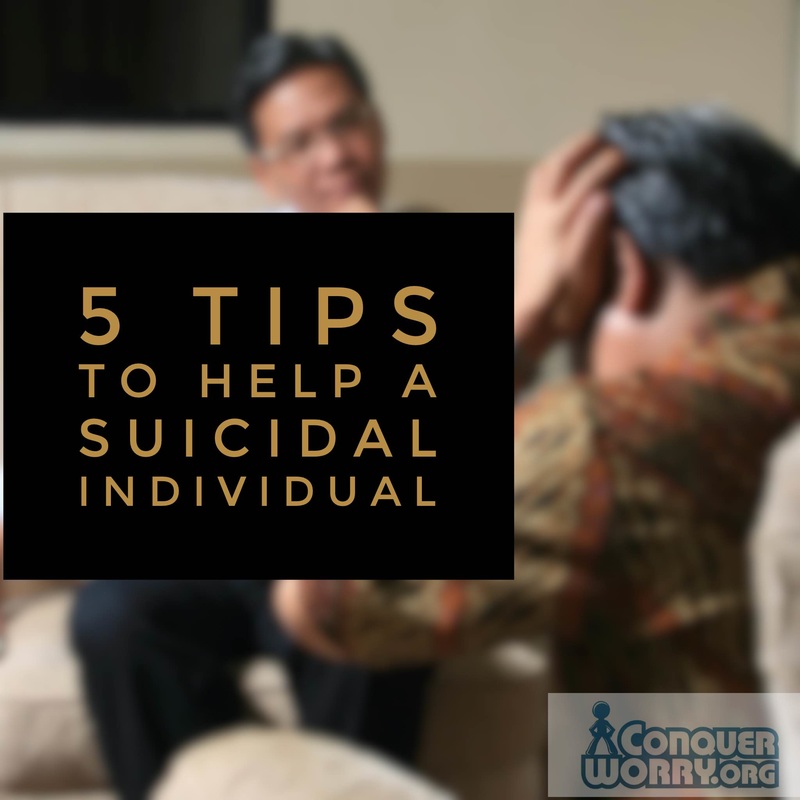
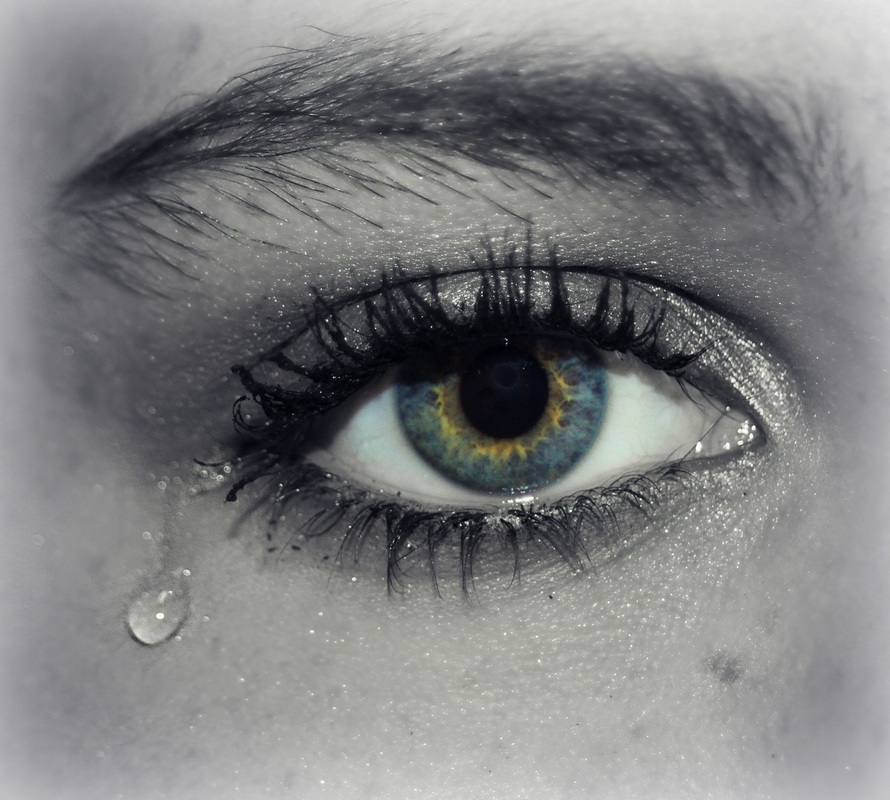
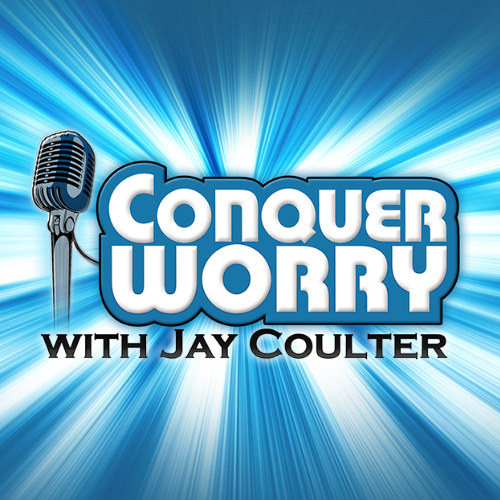
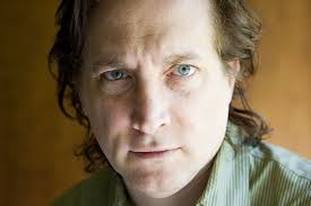
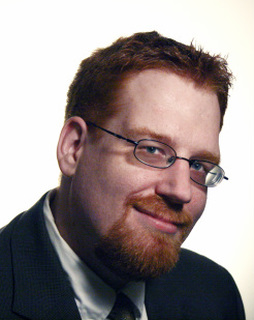
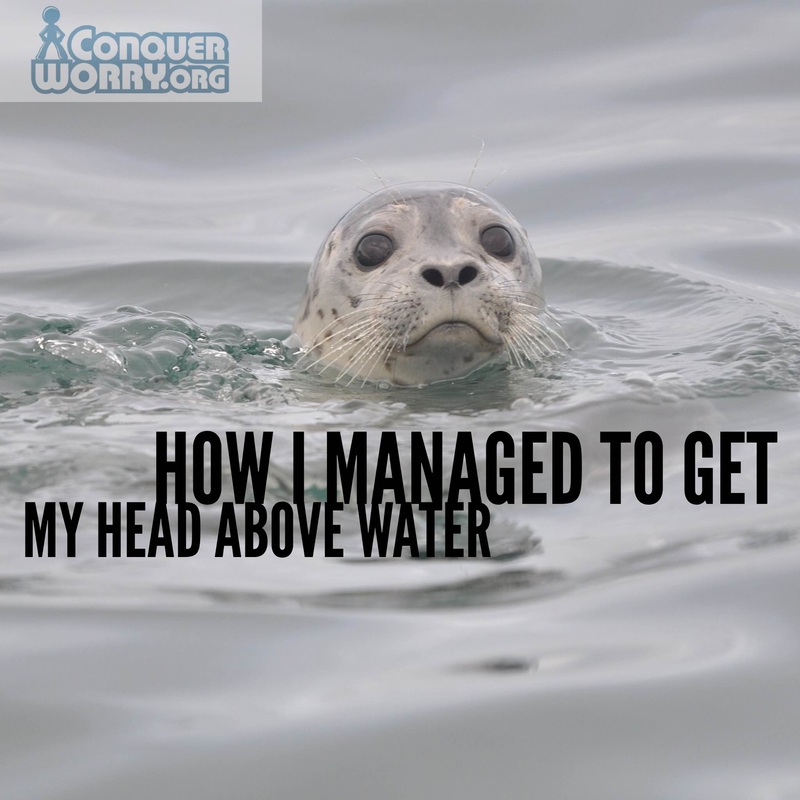
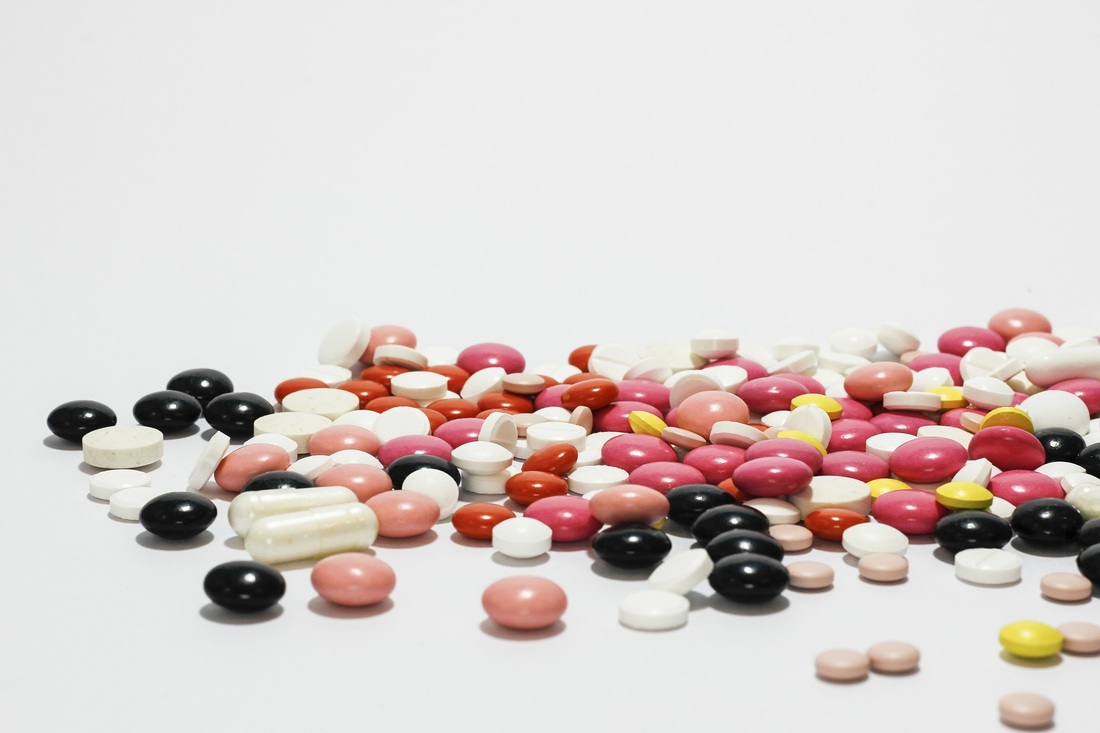

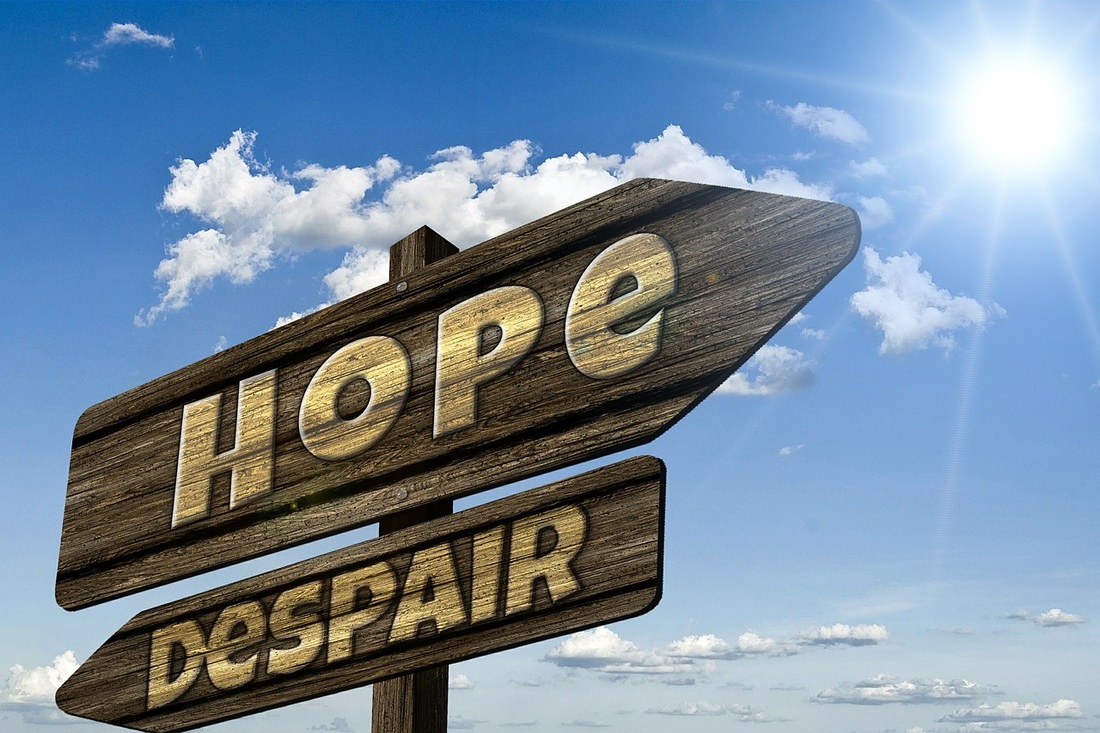

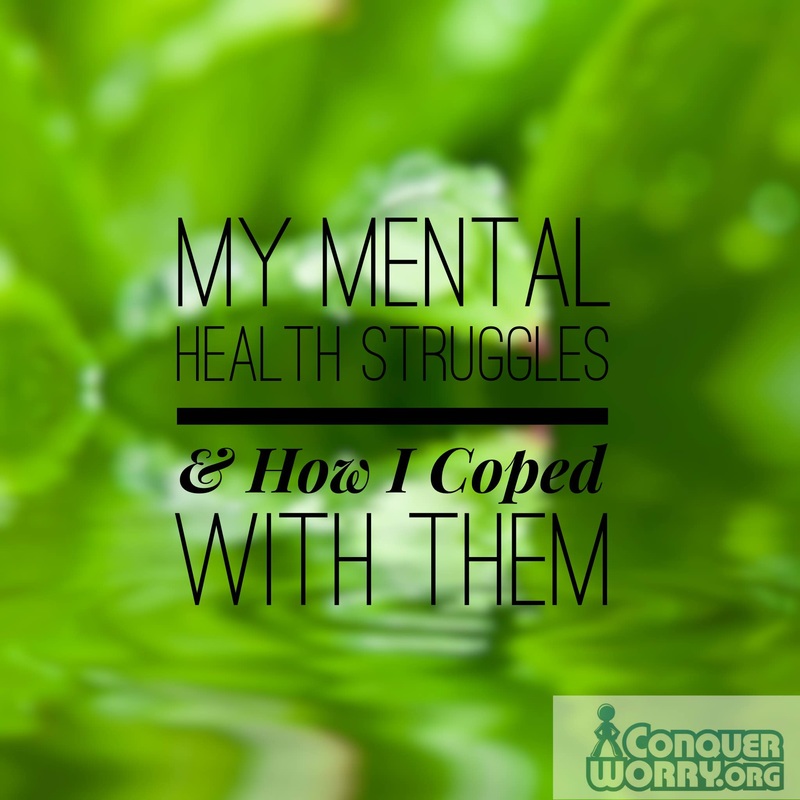
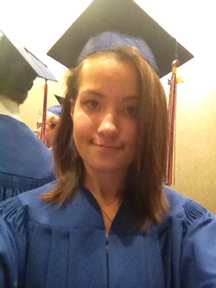
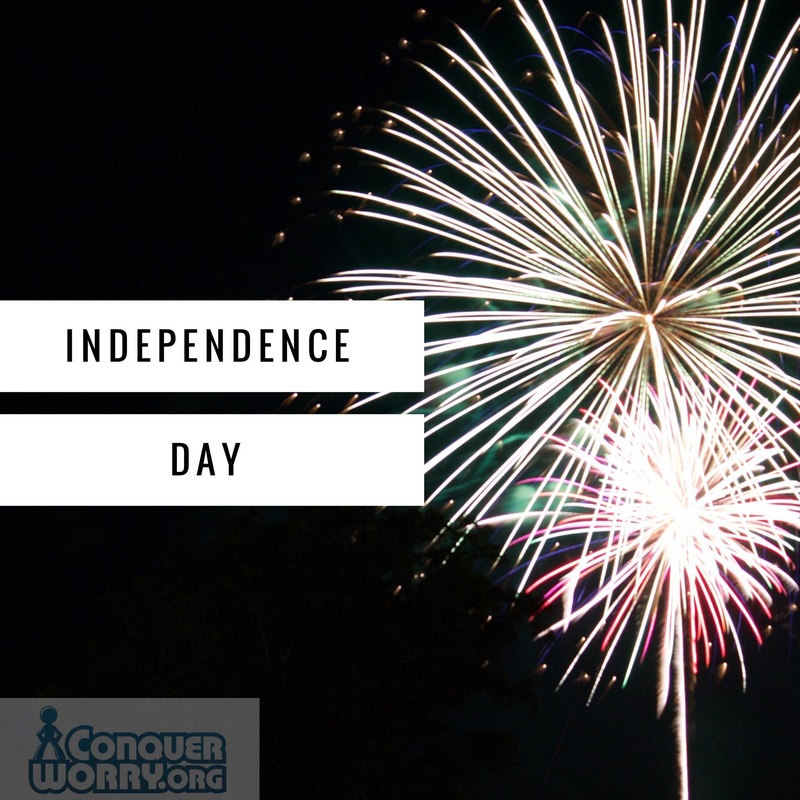
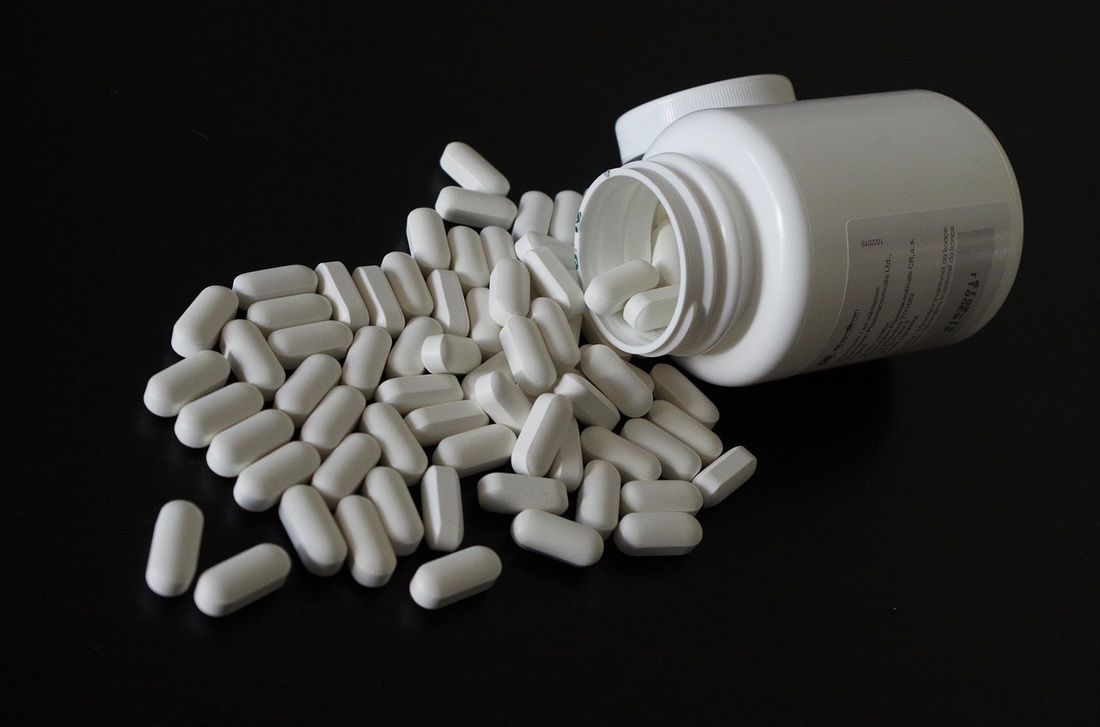

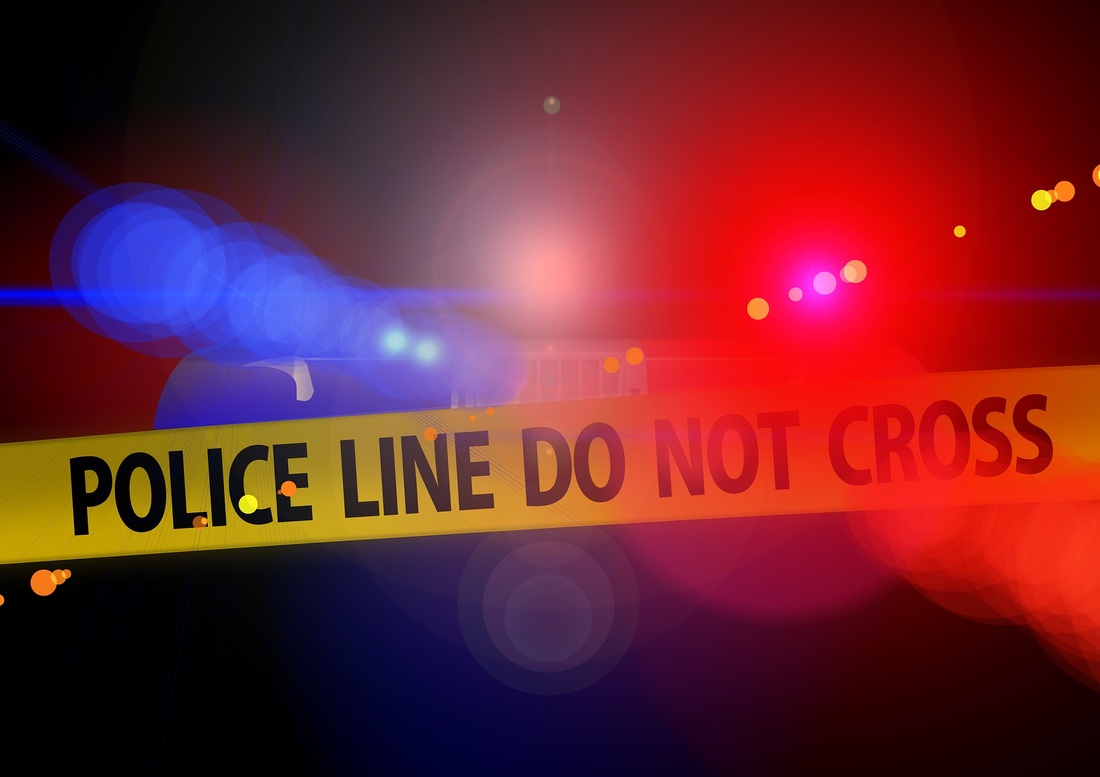
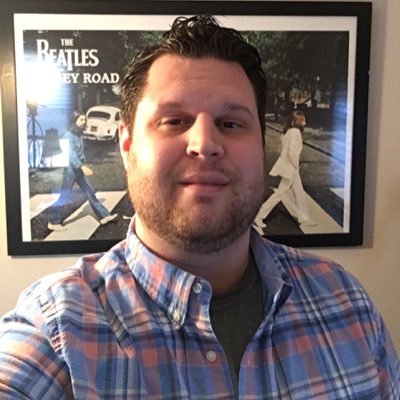

 RSS Feed
RSS Feed





